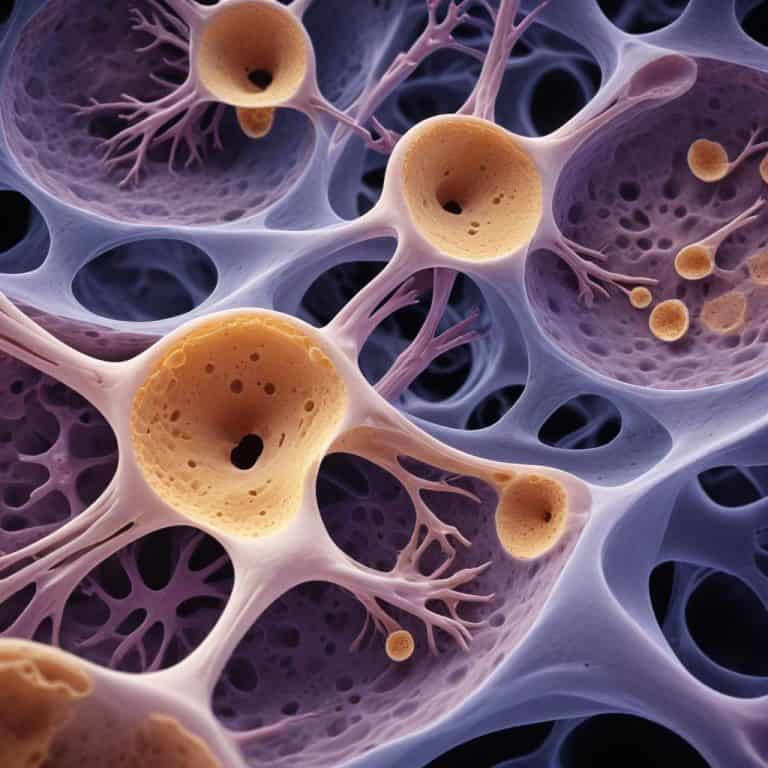Welcome to the Bone Cells quiz! Have you ever wondered what makes up the structure of your bones? In this quiz, we will explore the different types of bone cells that play a crucial role in maintaining the health and strength of your skeletal system.
Get ready to dive into the fascinating world of osteocytes, osteoblasts, and osteoclasts. These specialized cells work together to build, repair, and reshape your bones throughout your life. By the end of this quiz, you’ll have a better understanding of how bone cells function and the importance of taking care of your bones for overall health and well-being. So, let’s get started and test your knowledge on the fantastic world of Bone Cells!
Play Bone Cells Quiz
Instructions
- This quiz is multiple choice.
- Read each question carefully before selecting an answer.
- Choose the best answer for each question.
- You will see the missed questions with correct answers at the end of the quiz.
Quick Facts
- Bone cells are tiny structures that make up the framework of your body.
- They help to support and protect your internal organs.
- Bone cells also play a key role in the production of red and white blood cells.
- These cells are constantly being broken down and rebuilt throughout your life.
- Bone cells are crucial for maintaining the strength and integrity of your skeleton.
- They communicate with each other through chemical signals to regulate bone growth and repair.
- Certain hormones, such as estrogen and testosterone, can influence the activity of bone cells.
- Bone cells can become damaged or dysfunctional, leading to conditions like osteoporosis.
- Regular exercise and a healthy diet can help to keep your bone cells strong and healthy.
- When bone cells are not functioning correctly, it can impact your overall health and mobility.
Downloads
No downloads found
Study Tips
- Create a study schedule and stick to it.
- Find a quiet and comfortable study environment.
- Remove distractions such as phones and social media.
- Take breaks every 25-30 minutes to avoid burnout.
- Use active studying techniques like summarizing, highlighting, and teaching concepts to someone else.
- Practice retrieval by testing yourself with flashcards or practice quizzes.
- Stay organized with notes, study guides, and resources.
- Stay hydrated and eat brain-boosting foods like fruits, nuts, and whole grains.
- Get enough sleep to improve memory retention and cognitive function.
- Reward yourself for reaching study goals to stay motivated.
